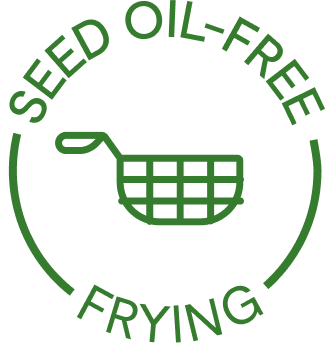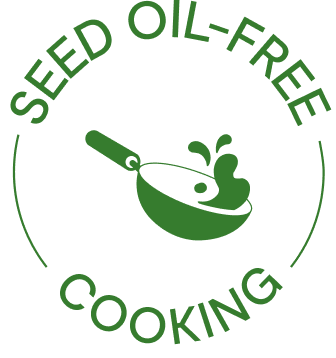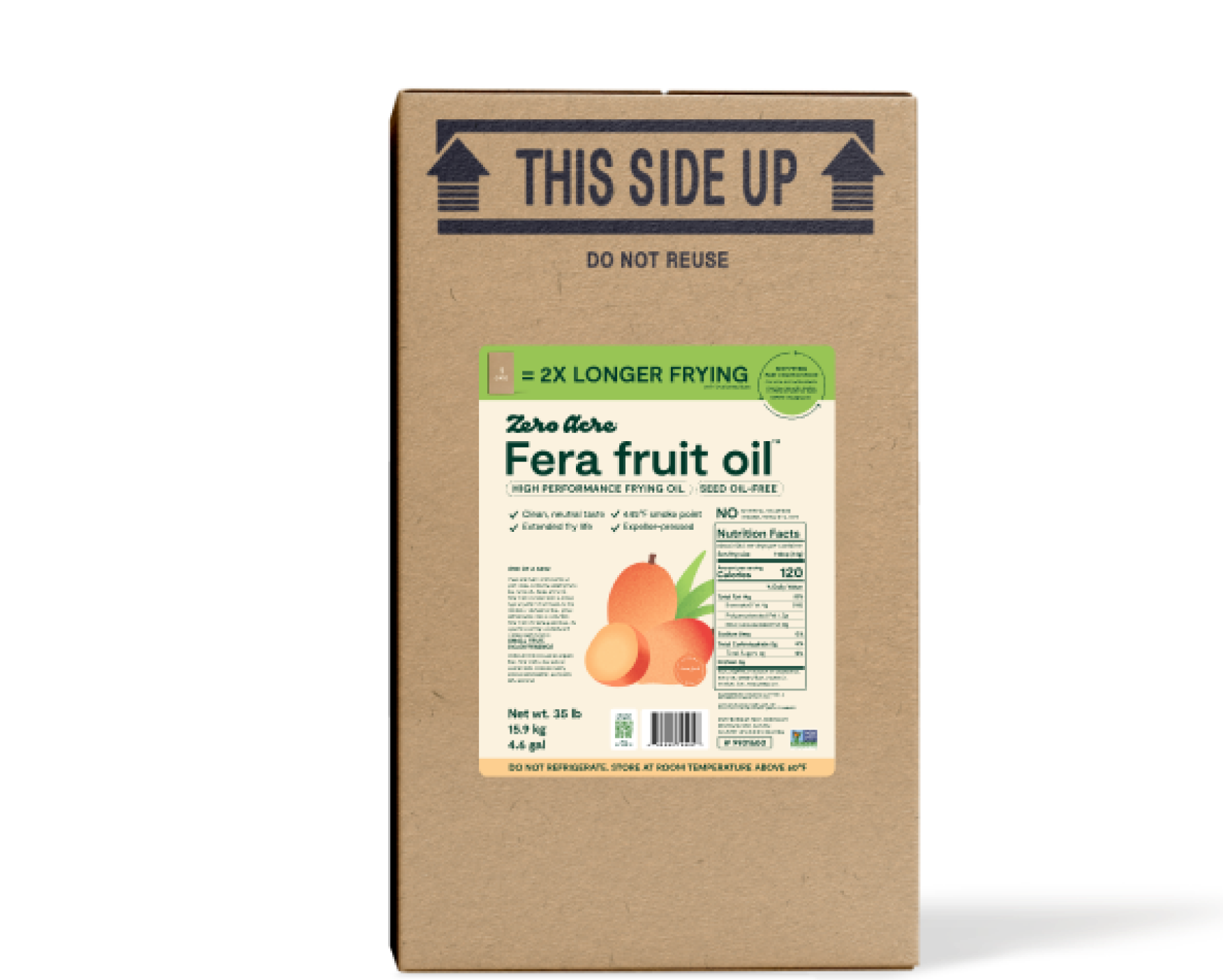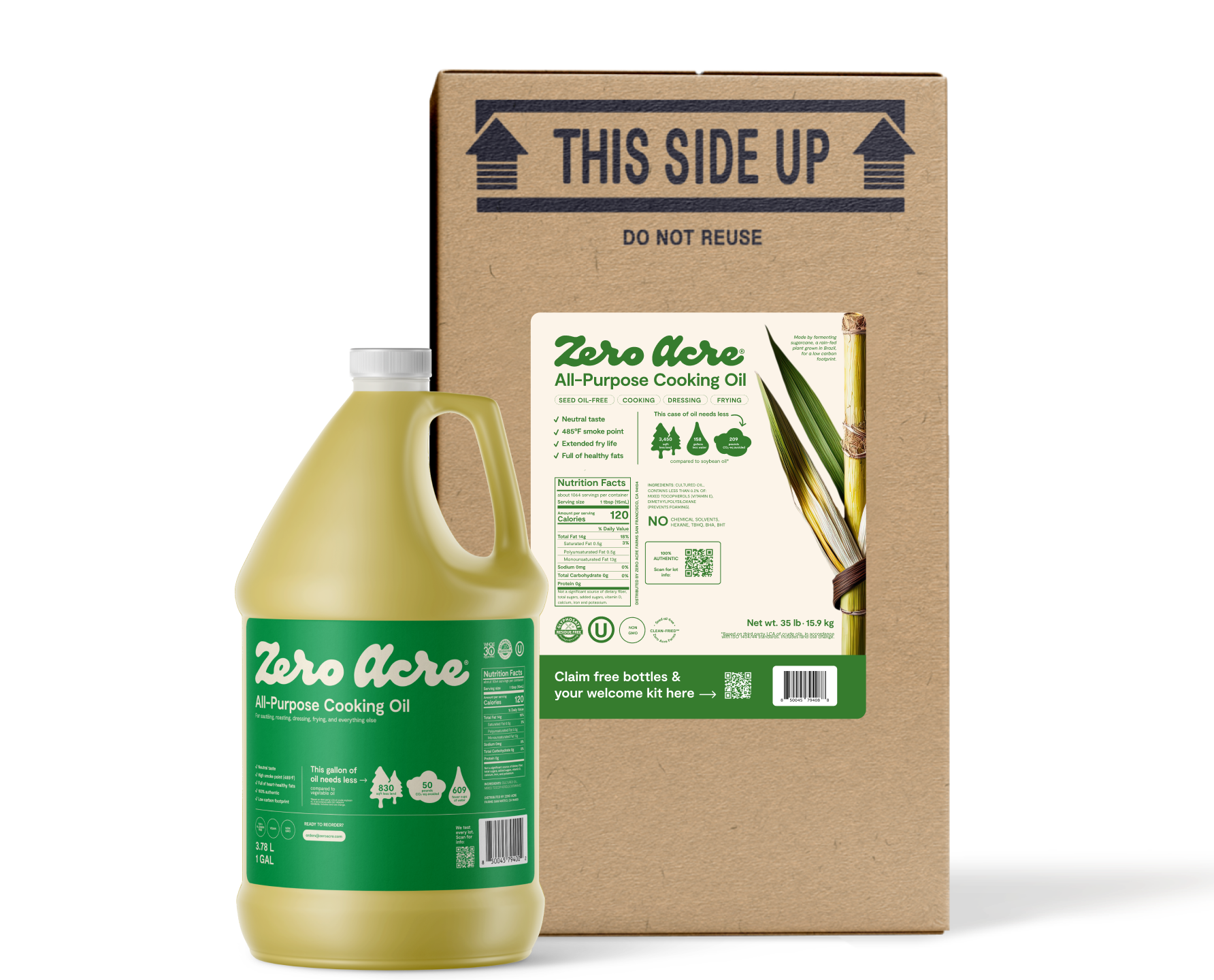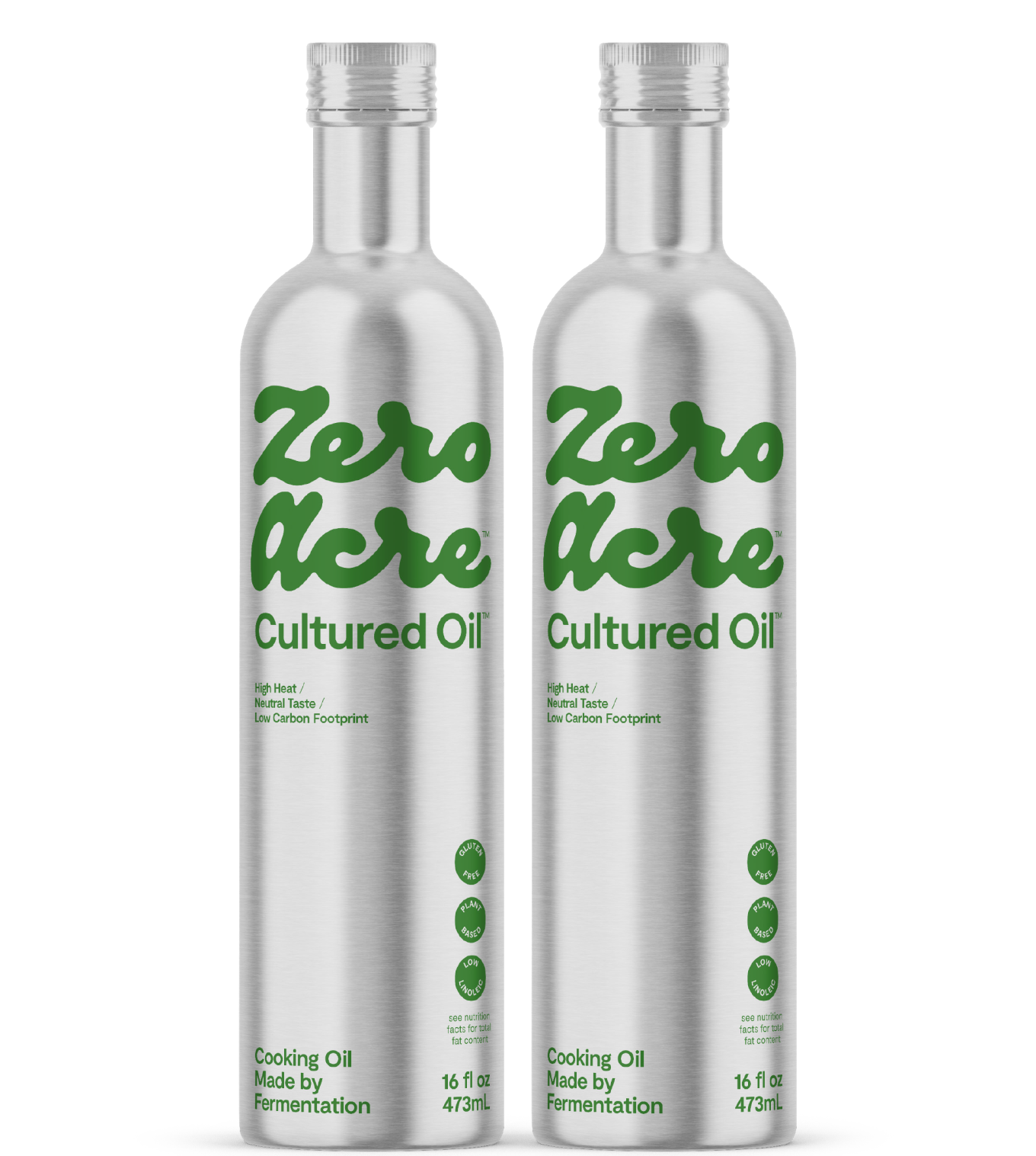Zero Acre Deforestation Commitment
Zero Acre Farms is committed to working only with producers that adhere to the highest deforestation-free standards in their operations and upstream supply chains. To Zero Acre Farms, this means zero deforestation. Zero Acre Farms relies on industry definitions and standards, such as those of Bonsucro, European Unions Deforestation Laws (EU 2023/1115) for Palm Oil Production and the Roundtable on Sustainable Palm Oil (RSPO), to define and measure deforestation, as detailed at the end of this document.
Our South American producer of Zero Acre oil only sources sugarcane from growing regions with no deforestation and outside of protected areas as defined by IUCN Categories I to VI since 2008.
Our South American producer of Noli fruit oil™ has not accepted illegal deforestation and/or non-compliant conversions since 2011. In particular, Noli fruit oil is guaranteed to never be grown on peatlands.
Zero Acre Farms and our partners have implemented the following measures to ensure these standards are met.
Traceability and Supply Chain Control: Our partners establish robust traceability systems to monitor their oil supply chains. They actively collaborate with farms, suppliers and other stakeholders to maintain transparency throughout the supply chain.
Regular Monitoring: Our partners use various techniques to ensure ongoing monitoring. For example, one partner has their own in-house specialist that monitors changes in land use and fire from a satellite subscription. Another partner works with a third party that uses technology that compiles satellite images to monitor land use changes.
Certification and Verification: When possible, our partners also seek certification from recognized sustainability standards that verify deforestation such as Bonsucro and the Roundtable on Sustainable Palm Oil (RSPO). When certifications are not available, partners may engage in regular third-party audits and verification processes to ensure compliance across the supply base
Industry Standards and Definitions
Bonsucro. The Bonsucro Production Standard prohibits the conversion of natural ecosystems into farmland for sugarcane or other crops after January 1, 2008. Any land converted after this cut-off date is ineligible for certification, ensuring that sugarcane production does not contribute to deforestation or ecosystem destruction.
European Unions Deforestation Laws (EU 2023/1115) for Palm Oil Production. This law does not allow deforestation, defined as the conversion of forested land (areas over 0.5 hectares with a tree canopy cover of at least 10% and trees capable of reaching 5 meters in height) to other land uses after December 31, 2020.
RSPO. Under RSPO standards, deforestation of High Conservation value (HCV) and High Carbon Stock (HCS) lands is strictly prohibited (see definitions below).
High Conservation Value (HCV) lands are areas of significant environmental, social, or cultural importance, such as biodiverse ecosystems with rare or endangered species, regions critical for ecosystem services like watershed protection, areas essential to local communities for subsistence or cultural practices.
High Carbon Stock (HCS) lands are forests with high carbon storage capacity, including primary forests and regenerating secondary forests. These are vital for climate regulation. RSPO requires an HCS Approach assessment, which evaluates land for current and potential forest restoration, including areas identified as having restoration potential, even if degraded, are treated as HCS and must be protected. Only low-carbon stock areas, like scrublands or grasslands unsuitable for reforestation, may be cleared.
"No Deforestation, No Peat, No Exploitation" (NDPE). A policy to eliminate deforestation, peatland destruction, and human rights abuses from supply chains. This also prohibits the clearing of HCV and HCS forests, in particular ensuring no development occurs on carbon-rich peatlands.
